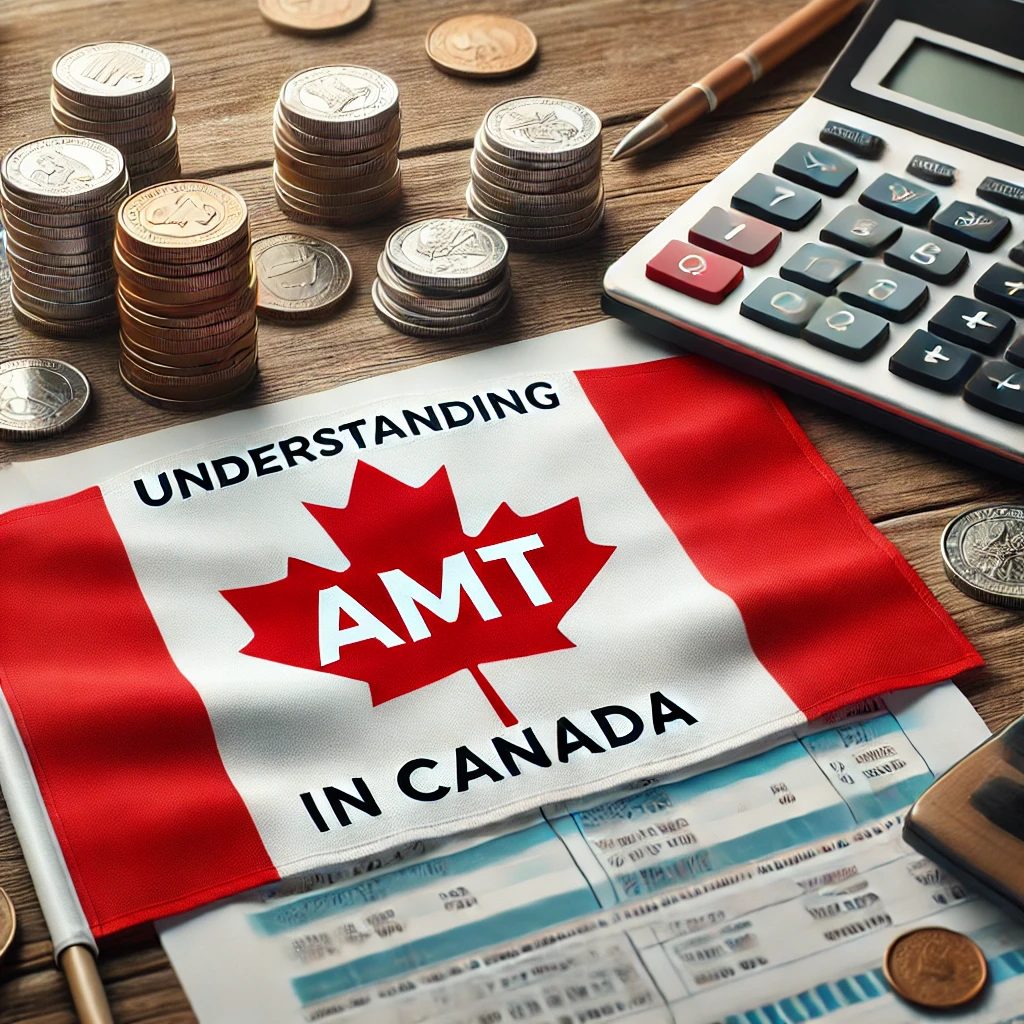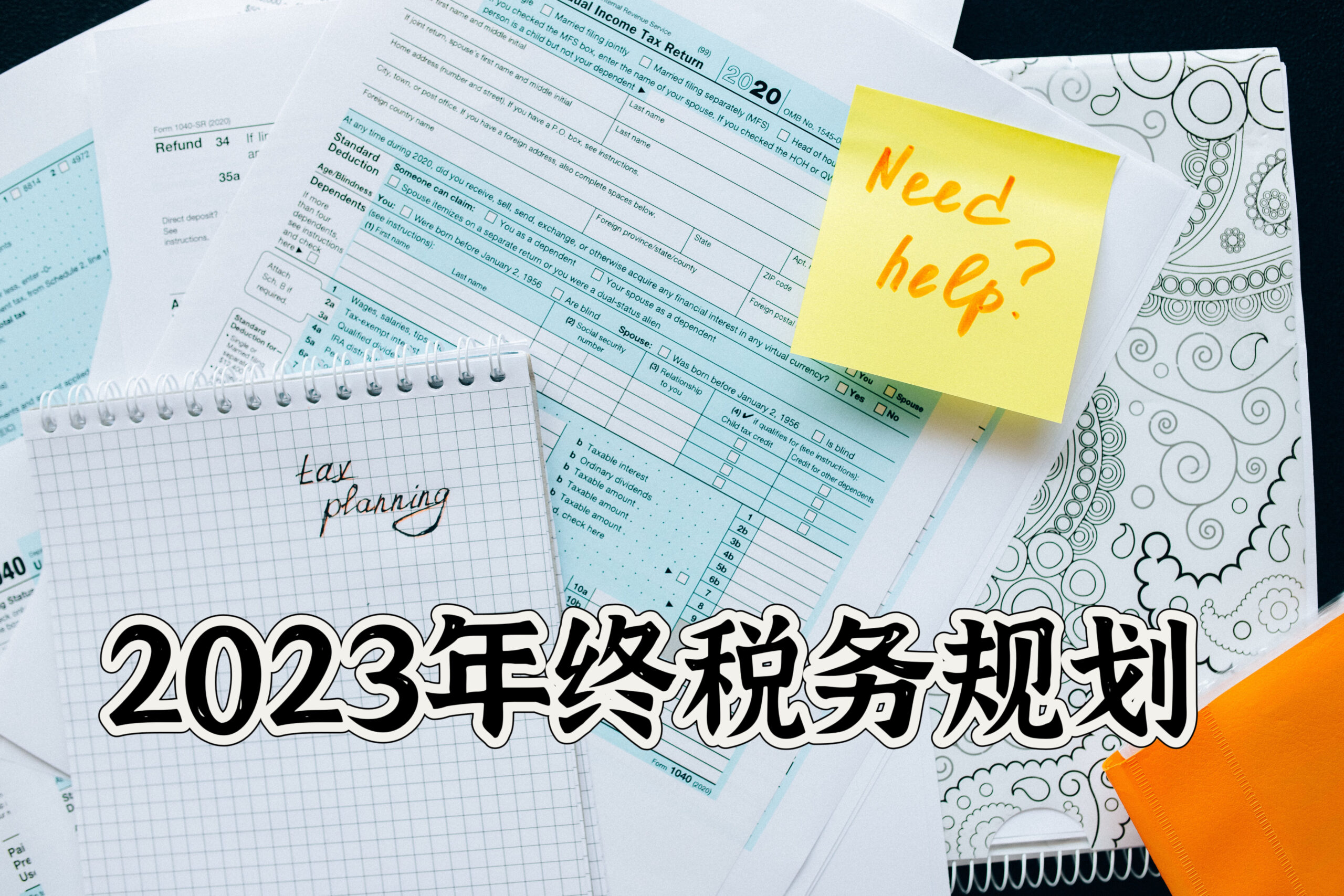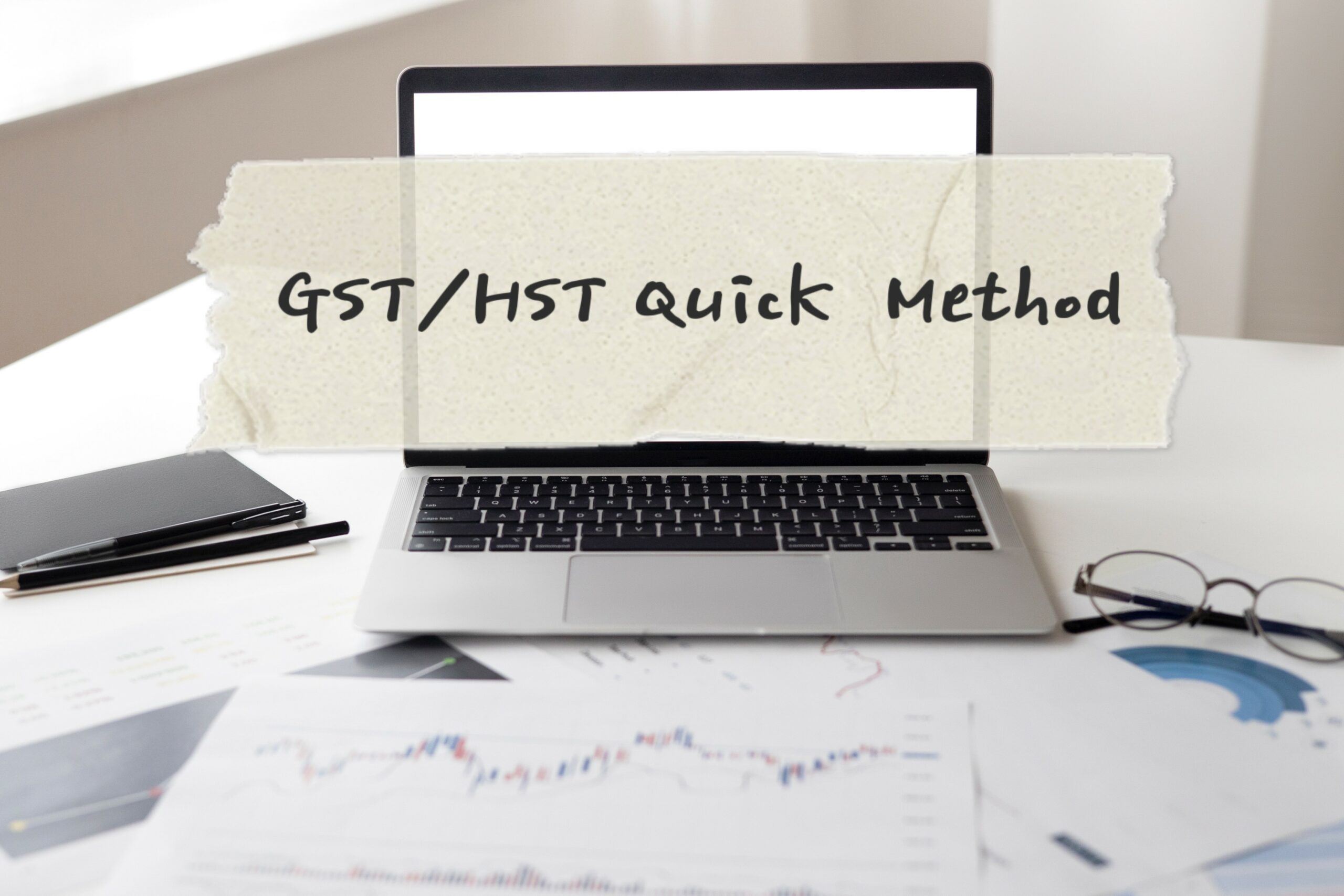Understanding the Alternative Minimum Tax (AMT) in Canada
The tax system in Canada, like in many countries, can be complex. One aspect that often confuses taxpayers is the Alternative Minimum Tax (AMT). Don't worry; we're here to break it down in simple terms so you can grasp what it means and how it might affect you.
Bare Trust: What You Need to Know Under New Trust Reporting Rules
The Government of Canada has introduced new reporting requirements for trusts, as part of its international commitment to the transparency of beneficial ownership information. The new reporting requirements apply to bare trust, Canadian resident trusts that are currently subject to exceptions and non-resident trust.
Understanding the Enhanced CPP: Key Changes and Impacts in 2024
The Canada Pension Plan (CPP) is a monthly tax benefit designed to provide partial income replacement for retirees. The purpose of the CPP is to help Canadians maintain a certain standard of living after retirement. The income for the CPP comes from contributions made by employers and employees, as well as investment earnings. Both the contribution amounts and benefits of the CPP are adjusted according to the average wage and price levels in Canada.
What’s New in Taxes? Understanding 2024’s Key Tax Changes
The past year has been challenging for Canada in terms of macroeconomics, the business environment for small enterprises, and household financial arrangements. These challenges persist into 2024, and the new year continues to be filled with uncertainties. As usual, let's briefly summarize the tax changes for 2024 to help individuals and businesses make appropriate financial plans.
End-of-Year Tax Planning Guide for Families – 2023 Edition
December is a key period for tax planning, as some tasks must be completed by year-end to optimize refunds or minimize taxes due in 2023.
Ontario New Enhanced HST Rebate-A Boon for Rental Property Builders
In September 2023, the Canadian Prime Minister made an important announcement regarding the GST rebate for new construction. Now, if you're building properties with four units or more, you can get a full refund of the GST paid, which used to be a partial rebate. This modification will significantly lower expenses for builders. In this article, we will explain the details and benefits of the new HST rebate policy, and how it can help you save money and increase your profitability in the real estate market.
GST/HST Quick Method-The Ultimate Guide for Small Business Owners
The GST/HST Quick Method is a simplified tax calculation method designed for small business owners and self-employed individuals. It helps them easily calculate and remit Goods and Services Tax (GST) or Harmonized Sales Tax (HST). In this article, we will use an example to explain the HST Quick Method and assist small business owners in better understanding it.
The Digital Marketing Blueprint for Small Business Success
In an interconnected world, small companies must rely on digital marketing to reach and engage with customers. It may assist small businesses in increasing their internet visibility, generating leads, and eventually driving more sales. In this post, we will discuss some crucial aspects of digital marketing that small businesses should concentrate on to succeed.










